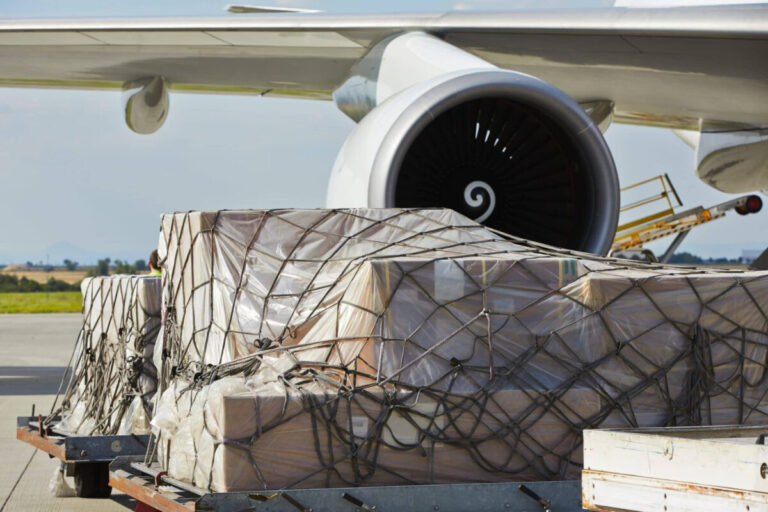
Airports are more than just transit points for passengers and goods, they are advanced logistics centers. With the increasing demand for pharmaceutical products, perishable food items and other temperature sensitive goods, airports are adopting advanced cold chain infrastructure to ensure seamless transportation of these vital goods, something that is prominently displayed in India.
India’s pharmaceutical industry generated revenues of US$65 billion last year and exports worth US$28 billion. Looking ahead, the industry’s turnover is expected to reach US$100 billion by 2030, and the government aims to raise this number to US$450 billion by 2047, representing an almost seven-fold increase over the next 23 years. . This ambitious growth will require the support of all stakeholders, and a reaffirmation of Customs’ commitment to facilitating exports through an uninterrupted cold chain, which is critical for pharmaceutical products.
Indian Customs introduced several trade-friendly initiatives, such as Electronic Data Interchange (EDI) in 1996, which resulted in nearly 100 percent of export and import documents being available online by 2004-05. In 2023-24, around 90 per cent of import shipments and 93 per cent of export shipments across India were processed without any human intervention from customs.
“Hyderabad is home to the largest concentration of pharmaceutical companies in India, and our airport plays a crucial role in connecting these companies to global markets. Our specialized cold chain facilities, which include temperature-controlled warehouses and dedicated handling services, ensure that medicines are transported safely and efficiently.
Cold chain axles
In recent years, many major airports have recognized the need to invest in dedicated cold chain facilities to meet growing industry demands. Dallas-Fort Worth (DFW) is an example of this, according to Milton de la Paz, vice president of airline relations and business development for cargo at the airport.
“DFW has strategically invested in advanced cold chain solutions for handling pharmaceuticals and perishables. Our state-of-the-art temperature-controlled facilities, coupled with real-time monitoring systems, ensure the safety of sensitive cargo throughout its journey.
“We are committed to reducing the environmental impact of our cold chain operations. This includes using renewable energy sources to power temperature-controlled facilities and investing in energy-efficient refrigeration systems. De la Paz continued: “We believe that the future of cold chain logistics must be efficient and sustainable.” “.
Digital developments
Technology also plays a pivotal role in cold chain logistics. The integration of Internet of Things (IoT) devices, real-time temperature monitoring, and automated storage systems has revolutionized how airports manage temperature-sensitive goods. Manoj Singh, Chief Cargo Officer, Adani Airport Holdings Ltd, noted that Indian airports are rapidly adopting the latest technologies to ensure temperature-controlled cargo is handled with precision and care: “Real-time data analytics and IoT-enabled tracking are helping us AI-based inventory management systems help maintain strict temperature control across the logistics chain. By using these technologies, we can provide a higher level of visibility, transparency and security of cold chain goods, reduce risks and ensure compliance with regulatory standards,” Singh explained.
“Airports are the backbone of the cold chain ecosystem. With increasing demand for fast, safe and efficient movement of temperature-sensitive goods, integrating advanced cold chain facilities within airport infrastructure is not just an option, but a necessity,” said Kiko Pomi Gazder, General Manager and CEO of AVIAPRO, he added.


